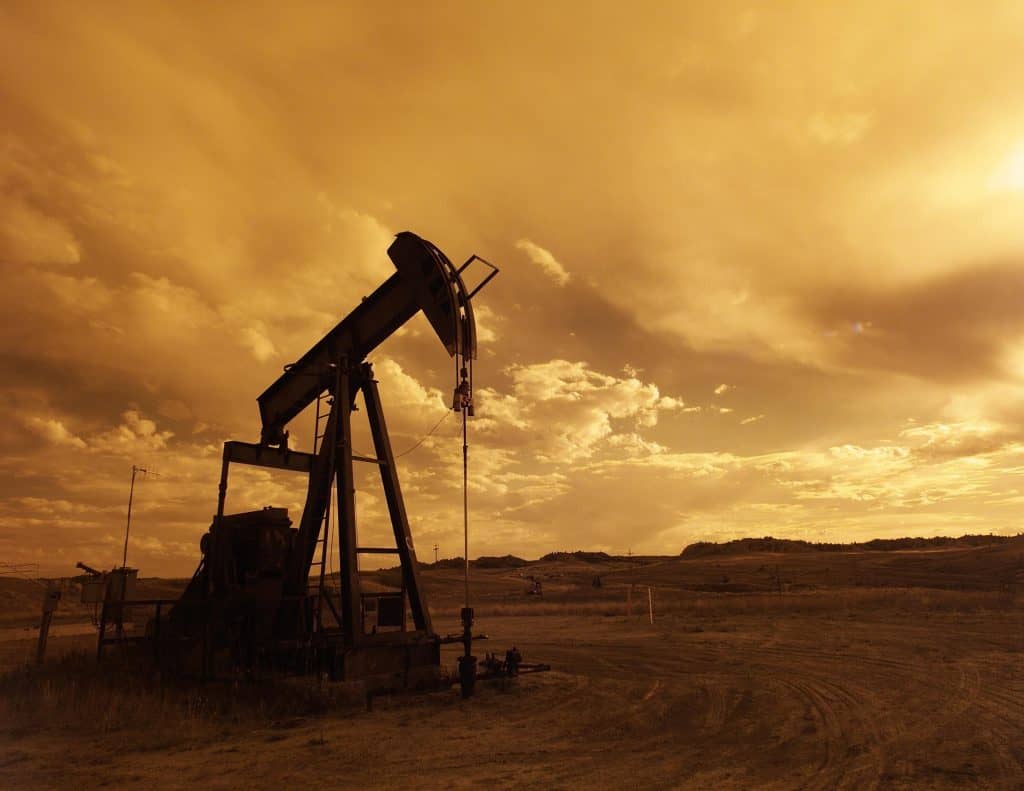Oil companies are interviewing students in four important fields of study on college campuses to find new employees. The oil industry has been surprised by how many baby boomers leave their jobs early. Many of these workers are wealthy enough that they could quit their jobs and not have to go through another hard bust in the industry. Because it is so bad, many oil executives see the loss of talent as a big problem. The oil industry hasn't changed much in how it looks for people with the most in-demand college degrees for another reason. Most people don't think that fossil fuels will be gone shortly. Wind, nuclear, and solar power have their uses, but they're not as good as fossil fuels yet and probably won't be for a while.
Petroleum Engineering
When people think about getting a degree to work in the oil and gas business, petroleum engineering is often the first thing that comes to mind. The degree description uses "petroleum," so this isn't a big surprise. Many petroleum engineers work with geologists and other engineers to determine how the rocks that hold oil and gas form. They know how to make tools for drilling, methods for drilling, operations for drilling, and plans for drilling. People who want petroleum engineers must be good at math, especially trigonometry, calculus, and algebra. Physics, biology, and chemistry are important parts of the sciences.
Petroleum Geology

Petroleum geologists study the structure of minerals and rocks below the ground of the Earth to sort out where to drill for oil. This degree has recently gained popularity as the United States oil and gas fracking business expands and requires individuals with technical abilities to grasp horizontal drilling and other innovative approaches. The University of Colorado at Boulder, the California Institute of Technology, and Columbia University provide the finest degrees in this discipline.
Chemicals Engineering
There are two parts to the oil business: downstream and upstream. Exploration and production happen in the early stages of the oil cycle. Chemical engineers must study the chemical reactions that happen during the refining part of the cycle. Most people think that the dirtiest part of the oil business is refining oil. But in the business world, chemical engineers make about as much as petroleum engineers and geologists.
Mechanical Engineering

In the oil and gas industry, mechanical engineering often involves designing and putting together big projects. This could mean building oil platforms, pipelines, and refineries in the ocean. Some of the specific skills that are needed are knowledge of fluid dynamics, thermal technology, 3-D modeling, and complex building methods. A lot of the work is done in different places and outside. Some schools, like Purdue University, have programs that take 5 or 6 years and lead to a bachelor's and a master's degree.
Electrical Engineers
Most electrical engineers get their start as technicians on oil rigs, where they help fix things and put plans into action. After four or five years, you'll be the chief electrical engineer and be in charge of making sure the rig has enough electricity. In the end, it's a very difficult job. The job of the chief electrical engineer is to make sure that all of the electrical parts of the drilling equipment are safe. If a spark goes off in the wrong place, it can lead to a big accident that hurts or kills people.
You will be ready for these challenges with a Bachelor of Science in Electrical Engineering. After taking many classes, you can understand, design, and fix electrical circuits. You will also know a lot about power supplies and thermodynamics, which are important for keeping equipment safe from fires and electrical damage.
The Money Is In Having Technical Skill
Oil companies also hire people with degrees in math, physics, and civil engineering, among other fields. For example, at NAIT (Canada's Northern Alberta Institute of Technology), it takes two years to get a degree in petroleum energy technology. People with degrees in business and the liberal arts are hired to do accounting, human resources, and other day-to-day business tasks. People with these degrees get paid differently than technical degrees, but most big oil and gas companies have good benefits.
Bottom Line
Oil companies send recruiters to college campuses because they know that alternative energy isn't enough to meet demand and that the world is still far from being free of fossil fuels. A big problem is also that many baby boomers are leaving the business. We need to find new engineers and other technical experts to take their place. If students get the right education, they can help fill the gap.







